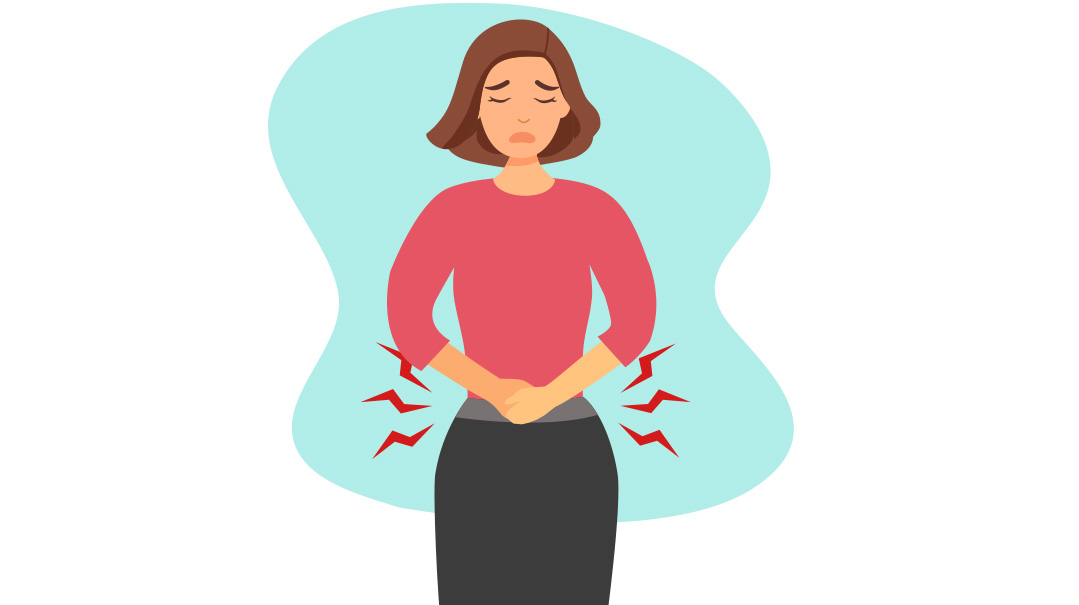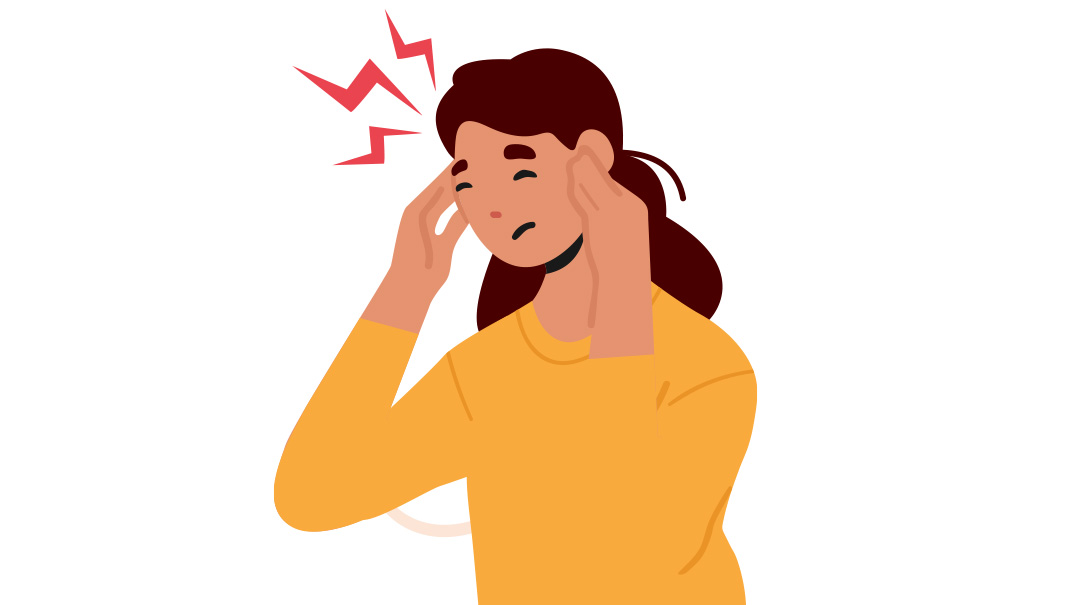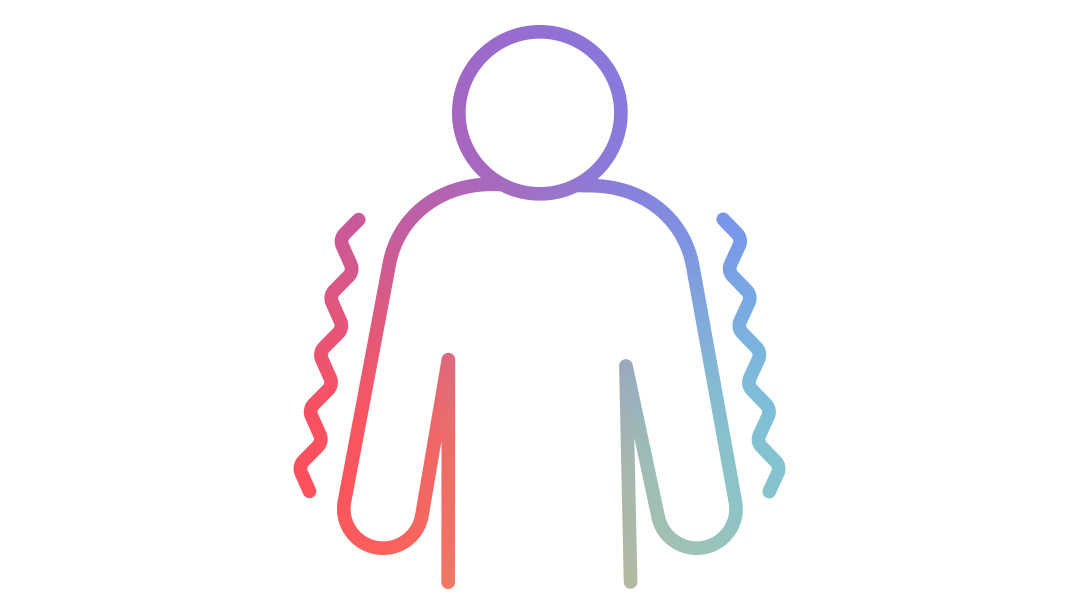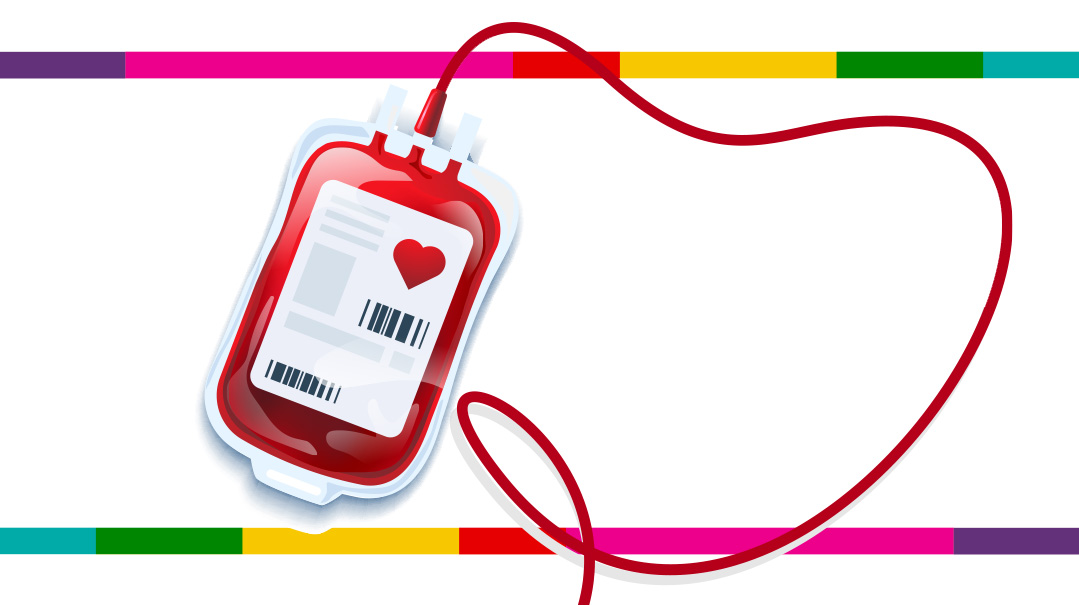Contact Lenses
| September 14, 2021We’ve done the research for you, so you can make an educated decision
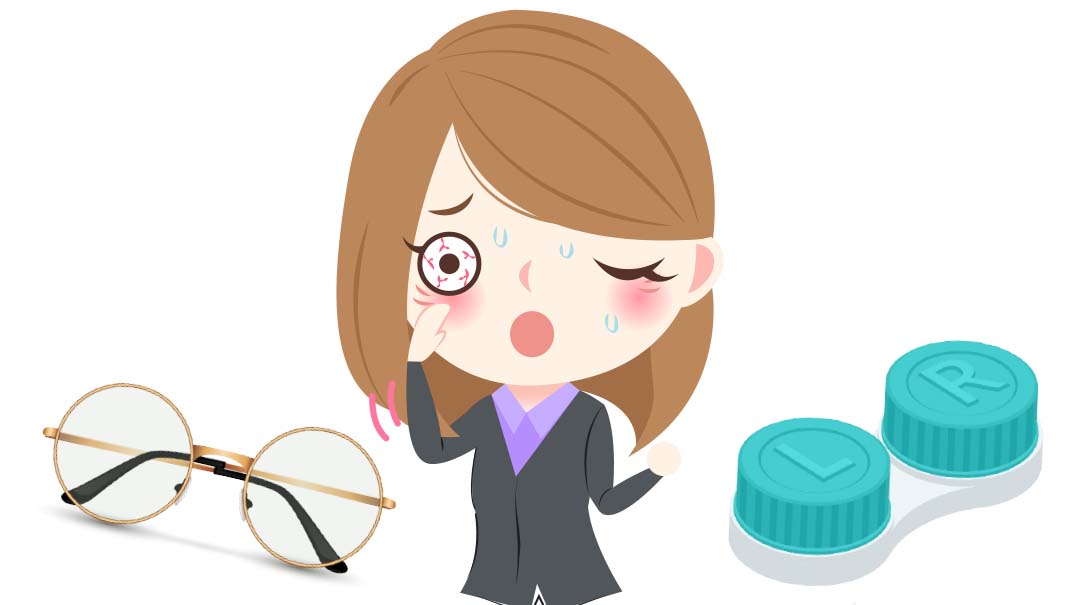
Considering contact lenses?
If you wear glasses, and you’re a teen, chances are you’ve thought of switching to contacts. We’ve done the research for you, so you can make an educated decision.
Yes!
Contact lenses can be a great option. They allow you to look yourself without metal or plastic frames on your face (as attractive as they might be). Wearing contacts is also much more comfortable than eyeglasses when playing sports (have you ever had a basketball smash your glasses into your face?). You might also appreciate having unobstructed peripheral vision, not seeing the frames of your glasses in your line of vision. If you live in a place where masks are still mandated in public places (like I do), there’s the huge plus of not dealing with fogged-up glasses! Contact lenses don’t slip down your nose or get fingerprints on them, either.
No?
Are you wondering what you’ve been waiting for? Wait, not so fast. There are some reasons to consider sticking with your good ol’ glasses. Consider the fact that you need to be very careful to follow directions to avoid eye infections or other eye health problems — some of which can, chas v’shalom, cause long-term, permanent vision problems. You must be able to take responsibility for properly caring for your lenses to avoid injury. Wearing contacts can increase your risk of red, irritated eyes, eye infections, eye abrasions (bruises), and corneal ulcers. (Though you’ve probably heard horror stories of contacts getting “lost” behind the eye, that’s not really possible. It is possible for a lens to get “stuck,” but un-sticking it is usually fairly straightforward.) Another thing to consider is that if you have seasonal allergies or dry eyes, contact lenses are not advisable for you. They can increase itchiness and burning.
A Word of Caution
Mazel tov on your new lenses! Here are some important tips to make your lens-wearing experience a happy and healthy one:
Be sure to wash your hands well before cleaning your lenses or inserting them. Dry your hands carefully with a clean, lint-free cloth (paper towels are perfect).
Always keep a spare pair of glasses on hand, and don’t put your lenses in if your eyes are red.
If your eyes become red, itchy, irritated, or start burning while wearing lenses, remove them and contact your doctor.
If applying makeup, put your lenses in first, and vice versa: Remove your lenses before taking off your makeup.
If your contacts are not disposable, be sure to rinse, rub, clean, and disinfect your lenses exactly as directed.
Never wear lenses, even decorative ones, without a prescription.
Never wear someone else’s contacts, or let anyone wear yours.
Never sleep in your lenses (unless they are approved for sleeping).
Never let your lenses come in contact with water or saliva.
Types of Lenses
There are a few different kinds of contact lenses. An eye doctor, or ophthalmologist, must examine your eyes first and see if you are a good candidate for contacts. He or she might also advise you on which type to get, as each have their pros and cons. Many teens like disposable lenses, which are worn for a temporary period of time and then thrown away. This removes the burden of taking care of your lenses and having to use contact lens solution. On the other hand, disposable lenses can be expensive.
DID YOU KNOW?
Some experts recommend that teens participate in paying for their lenses to make them more responsible about wearing them and taking care of them. (Feel free to share this info with your parents — or not…)
About 13,500 children and teens in the US go to the ER every year for injuries related to contact lenses.
(Originally featured in Teen Pages, Issue 878)
Oops! We could not locate your form.

